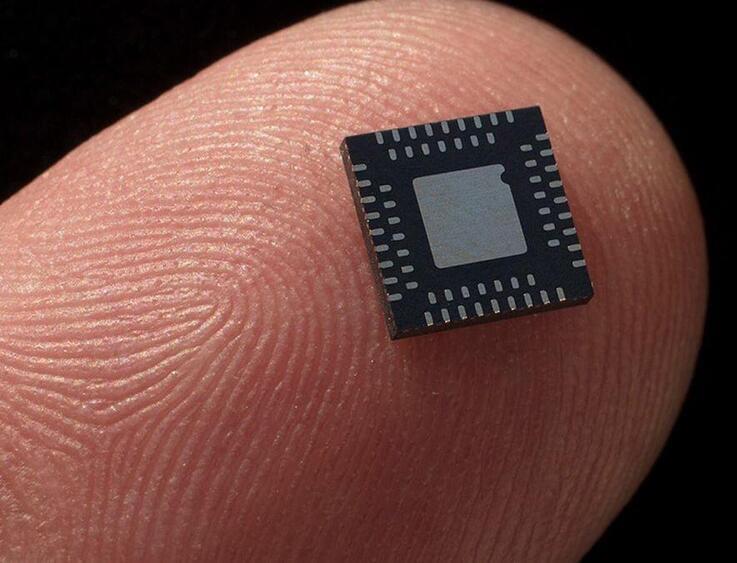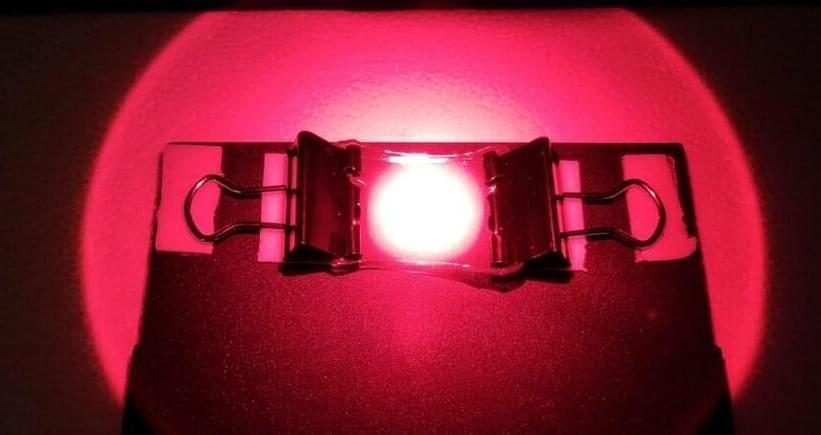The Global Exploration Strategy is a blueprint for understanding space policy today.
15 years ago, the Global Exploration Strategy set out the space policy agenda on course to put humans back on the Moon as soon as possible.


Meta Platforms Inc.’s Sheryl Sandberg, who became one of the most recognized figures in global business after helping Facebook transform from a startup into a multibillion-dollar advertising powerhouse, is stepping down as chief operating officer.
Sandberg, 52, will remain on the board of Meta, the parent company of Facebook, Instagram and WhatsApp, according to a post on the social network Wednesday. Javier Olivan, who has led the company’s growth efforts for years, will take Sandberg’s place as COO when she formally leaves in the fall.

**Who will be liable** for harmful speech generated by large language models? As advanced AIs such as OpenAI’s GPT-3 are being cheered for impressive breakthroughs in natural language processing and generation — and all sorts of (productive) applications for the tech are envisaged from slicker copywriting to more capable customer service chatbots — the risks of such powerful text-generating tools inadvertently automating abuse and spreading smears can’t be ignored. Nor can the risk of bad actors intentionally weaponizing the tech to spread chaos, scale harm and watch the world burn.
Indeed, OpenAI is concerned enough about the risks of its models going “totally off the rails,” as its documentation puts it at one point (in reference to a response example in which an abusive customer input is met with a very troll-esque AI reply), to offer a free content filter that “aims to detect generated text that could be sensitive or unsafe coming from the API” — and to recommend that users don’t return any generated text that the filter deems “unsafe.” (To be clear, its documentation defines “unsafe” to mean “the text contains profane language, prejudiced or hateful language, something that could be NSFW or text that portrays certain groups/people in a harmful manner.”).
But, given the novel nature of the technology, there are no clear legal requirements that content filters must be applied. So OpenAI is either acting out of concern to avoid its models causing generative harms to people — and/or reputational concern — because if the technology gets associated with instant toxicity that could derail development. will be liable for harmful speech generated by large language models? As advanced AIs such as OpenAI’s GPT-3 are being cheered for impressive breakthroughs in natural language processing and generation — and all sorts of (productive) applications for the tech are envisaged from slicker copywriting to more capable customer service chatbots — the risks of such powerful text-generating tools inadvertently automating abuse and spreading smears can’t be ignored. Nor can the risk of bad actors intentionally weaponizing the tech to spread chaos, scale harm and watch the world burn.


Amber Alerts are an important tool in helping locate abducted children. They’re authorized by law enforcement and broadcast via TVs, text messages, and other means. Now, Instagram will also push Amber Alerts into users’ feeds with the feature rolling out in the US today and set to be available in 25 total countries “in the next couple of weeks.” It shows how apps like Instagram have become basic communication infrastructure in the modern world.
Adding Amber Alerts to Instagram makes sense for a few reasons. First, younger generations may well ignore text messages but scroll through Instagram with some regularity. Second, while text alerts require people to click a link to get more information and photos of the missing child, Instagram’s alerts will include this info directly. It doesn’t seem the alerts will be issued as notifications — they’ll just appear in users’ regular feeds.


After the launched, we’ll get our first look at full-color images captured by the telescope. The European Space Agency says the imagery and first spectroscopic data on July 12th.
“The release of Webb’s first full-color images will offer a unique moment for us all to stop and marvel at a view humanity has never seen before,” Webb deputy program director Eric Smith said. “These images will be the culmination of decades of dedication, talent, and dreams — but they will also be just the beginning.”
JWST required several months of preparation before starting science work. The process included to its operating temperature, calibrating instruments and aligning the mirrors. The ESA, NASA, the Canadian Space Agency and the Space Telescope Science Institute (STSci) spent over five years figuring out what Webb should capture first in order to show off what the observatory can do.


A new technology is using particles of gold to make colors. With further work, the method developed at Aalto University could herald a new display technology.
The technique uses gold nanocylinders suspended in a gel. The gel only transmits certain colors when lit by polarized light, and the color depends on the orientation of the gold nanocylinders. In a clever twist, a collaboration led by Anton Kuzyk’s and Juho Pokki’s research groups used DNA molecules to control the orientation of gold nanocylinders in the gel.
“DNA isn’t just an information carrier—it can also be a building block. We designed the DNA molecules to have a certain melting temperature, so we could basically program the material,” says Aalto doctoral candidate Joonas Ryssy, the study’s lead author. When the gel heats past the melting temperature, the DNA molecules loosen their grip and the gold nanocylinders change orientation. When the temperature drops, they tighten up again, and the nanoparticles go back to their original position.
